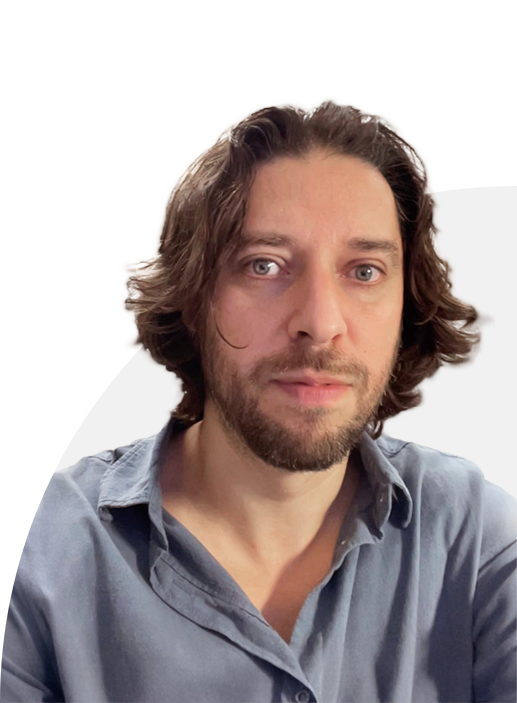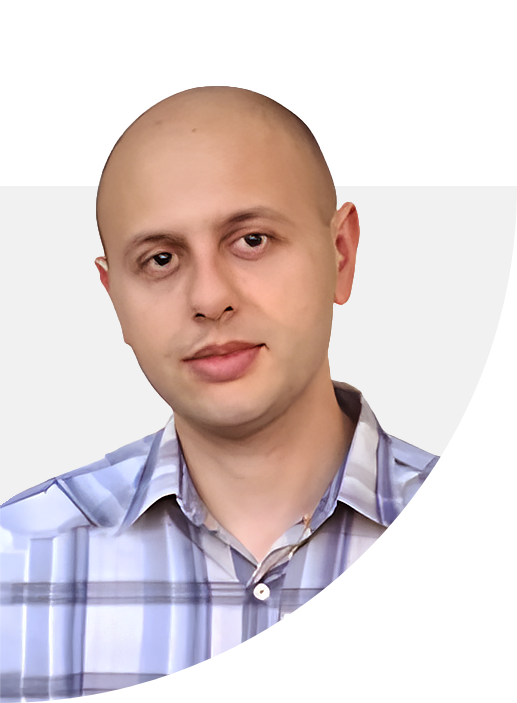Welcome to the V4SDB Meeting 2025!
We are excited to invite you to the V4SDB (Visegrád Group Society for Developmental Biology) Meeting 2025, taking place from the 5th to 7th of September 2025 in beautiful Stará Lesná in Slovakia. This conference will bring together leading scientists, researchers, and professionals from the field of developmental biology across the Visegrad region and beyond.
Before the main conference, we are also hosting a Young Developmental Biologist Workshop on the 4th and 5th of September 2025, providing a unique opportunity for early-career researchers to engage with peers and mentors, present their work, and develop valuable skills.
Join us for an enriching experience featuring cutting-edge research presentations, inspiring keynote lectures, and vibrant discussions. Whether you are a seasoned expert or an emerging scientist, the V4SDB Meeting 2025 provides an exceptional platform for networking, collaboration, and sharing insights into the latest developments in the field.
With a diverse and engaging program, stunning venue, and the opportunity to explore Slovakia’s rich culture and nature, this event promises to be an unforgettable experience.
We look forward to welcoming you to Slovakia in 2025!
Speakers

Igor Adameyko
Dr. Igor Adameyko is a leading neuroscientist and group leader at the Karolinska Institute in Stockholm and the Medical University of Vienna. His research focuses on understanding the development and function of the peripheral nervous system, with a particular emphasis on neural crest cells and their role in tissue development and regeneration. Dr. Adameyko’s groundbreaking work has uncovered how these cells contribute to the formation of various organs and tissues, including the nervous system and skin. His lab employs cutting-edge techniques such as single-cell transcriptomics and advanced imaging to explore the cellular dynamics underlying these processes. Dr. Adameyko’s contributions have significantly advanced our understanding of neural development and hold great promise for regenerative medicine.

Ivan Bedzhov
Dr. Ivan Bedzhov is a prominent group leader at the Max Planck Institute for Molecular Biomedicine in Münster, where he spearheads cutting-edge research in early mammalian embryogenesis. With a Ph.D. from the Max Planck Institute for Immunobiology and Epigenetics, Dr. Bedzhov has developed innovative approaches to study the formation and self-organization of mammalian embryos, focusing on the crucial stages of implantation and the establishment of pluripotency. His research combines advanced imaging techniques with molecular biology to uncover the fundamental mechanisms that drive early embryonic development, with implications for understanding congenital disorders and improving regenerative medicine.

Gage Crump
Dr. Gage Crump is a distinguished Professor of Stem Cell Biology and Regenerative Medicine at the University of Southern California, where he leads groundbreaking research in understanding the development and regeneration of the skeletal system. With a Ph.D. from the University of California, Los Angeles, and postdoctoral training at the University of Oregon, Dr. Crump’s work focuses on using zebrafish as a model organism to unravel the genetic and cellular mechanisms that govern craniofacial development. His pioneering research has provided critical insights into the molecular processes underlying bone formation, repair, and the evolution of vertebrate skeletal structures.

Anne Grapin-Botton
Dr. Anne Grapin-Botton is a renowned developmental biologist and group leader at the Max Planck Institute of Molecular Cell Biology and Genetics in Dresden. With a distinguished background in studying the development of the nervous system and endoderm, Dr. Grapin-Botton’s current research focuses on the intricate processes governing pancreas development. Her laboratory investigates how pancreatic cells differentiate during embryogenesis and the limitations of their regenerative capacity in adults. Utilizing cutting-edge 2D and 3D organoid models, her team explores the self-organization of pancreatic cells and the impact of cellular architecture on fate decisions. Dr. Grapin-Botton’s innovative work, particularly in understanding the mechanical and biochemical cues shaping the pancreas, is contributing to breakthroughs in diabetes research and regenerative medicine.

Han Li
Dr. Han Li leads the Cellular Plasticity and Disease Modelling Group at the Institut Pasteur in Paris, where her research focuses on understanding the mechanisms of cellular plasticity and its implications in aging and cancer. With a deep interest in how cells can acquire new identities under varying conditions, Dr. Li’s work explores the role of cellular reprogramming and its potential in regenerative medicine. Her team investigates how aberrant cellular plasticity contributes to tumorigenesis and aims to harness this process for therapeutic interventions in age-related diseases. Dr. Li’s contributions are shaping the future of disease modelling and offering new insights into the treatment of complex diseases.

Michel C. Milinkovitch
Dr. Michel C. Milinkovitch is a prominent evolutionary biologist and physicist, currently leading the Laboratory of Artificial and Natural Evolution (LANE) at the University of Geneva. His interdisciplinary research explores the developmental and evolutionary mechanisms behind the complexity and diversity of life, particularly focusing on non-classical model organisms like reptiles. By integrating genomics, molecular genetics, physical experiments, and computational models, Dr. Milinkovitch’s work provides significant insights into the physical and biological processes that shape the diversity of skin appendages, colors, and patterns in vertebrates. His groundbreaking contributions are widely recognized in the fields of evolutionary biology and bioinformatics.

James Sharpe
Dr. James Sharpe is a renowned Group Leader at EMBL Barcelona, where he directs pioneering research in the field of systems biology, focusing on the computational modelling of embryonic development. With a Ph.D. in developmental biology from the National Institute for Medical Research in London, Dr. Sharpe has made significant contributions to our understanding of how complex biological structures, such as limbs, are formed and patterned during embryogenesis. His work integrates experimental biology with advanced computational techniques to create detailed, multi-scale models that simulate the intricate processes of tissue formation. Dr. Sharpe’s innovative research helped to bridge the gap between biology and computational sciences, offering new insights into developmental disorders and regenerative medicine.
